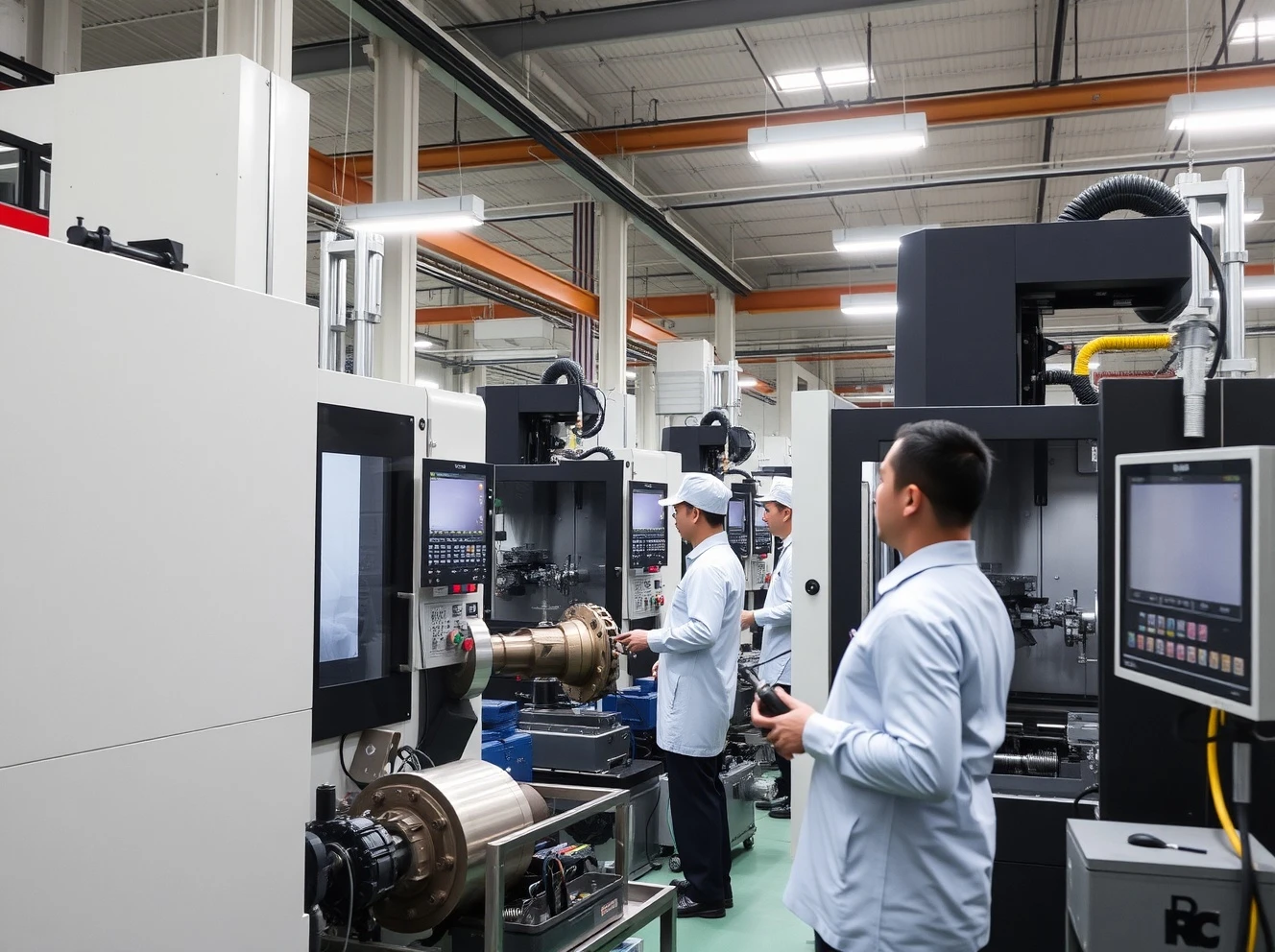China’s custom parts manufacturing sector represents an untapped goldmine for global businesses seeking precision components. Despite housing over four million small and mid-sized manufacturers, these facilities often remain invisible to international buyers. However, the landscape is rapidly changing as digital platforms bridge this critical gap.
The Hidden Power of China’s Custom Parts Manufacturing
China’s industrial backbone consists of countless specialized factories producing precision components. These facilities operate across diverse sectors including robotics, automotive, aerospace, and electronics. Surprisingly, many maintain ISO certifications and state-of-the-art equipment yet lack international visibility. Most factories focus narrowly on single industries, missing opportunities in adjacent markets.
Breaking Down Barriers in Custom Parts Manufacturing
Three significant challenges prevent global access to China’s manufacturing capabilities. First, factories typically operate within siloed industry lanes. Second, regional clusters lack collaborative frameworks despite geographic proximity. Third, digital gaps hinder direct international engagement. These barriers force overseas buyers to rely on intermediaries, increasing costs and delaying responses.
Digital Transformation in Custom Parts Manufacturing
Platforms like Haizol Marketplace revolutionize how buyers connect with Chinese manufacturers. The system matches technical specifications directly with factory capabilities. This approach eliminates traditional keyword-based searches in favor of data-driven matching. Engineers submit part drawings, material requirements, and tolerances. The platform then identifies qualified suppliers from its network of 700,000 verified factories.
Success Stories in Custom Parts Manufacturing
Real-world examples demonstrate the transformative impact of capability-based matching. One buyer secured complex sheet metal parts within 24 hours through 18 qualified suppliers. Another manufacturer expanded from telecom shells to robotic housing assemblies. A Suzhou-based factory doubled export revenue within weeks by connecting with European and North American buyers.
The Future of Global Custom Parts Manufacturing
Global supply chains increasingly prioritize flexibility and resilience. China’s custom parts manufacturing sector possesses proven capabilities and advanced technologies. The missing element has been efficient discovery mechanisms. Digital platforms now enable precision matching based on verified production history, equipment specifications, and quality certifications.
Frequently Asked Questions
What types of custom parts can Chinese manufacturers produce?
Chinese factories specialize in CNC machining, sheet metal fabrication, injection molding, and casting for various industries including automotive, aerospace, and electronics.
How do I verify quality from Chinese custom parts manufacturers?
Reputable platforms verify ISO certifications, inspection procedures, equipment capabilities, and production history before listing suppliers.
What are typical lead times for custom parts manufacturing in China?
Lead times vary by complexity but digital platforms can often provide multiple qualified quotes within 24-48 hours.
How do language barriers affect communication with Chinese manufacturers?
Digital platforms typically provide English-speaking project managers and standardized technical documentation to ensure clear communication.
Can small volume orders be accommodated by Chinese custom parts manufacturers?
Yes, many factories specialize in low-to-medium volume production runs with flexible minimum order quantities.
What payment terms are common when sourcing from China?
Standard terms include 30-50% deposit with balance paid before shipment, though platforms often provide escrow services for added security.








